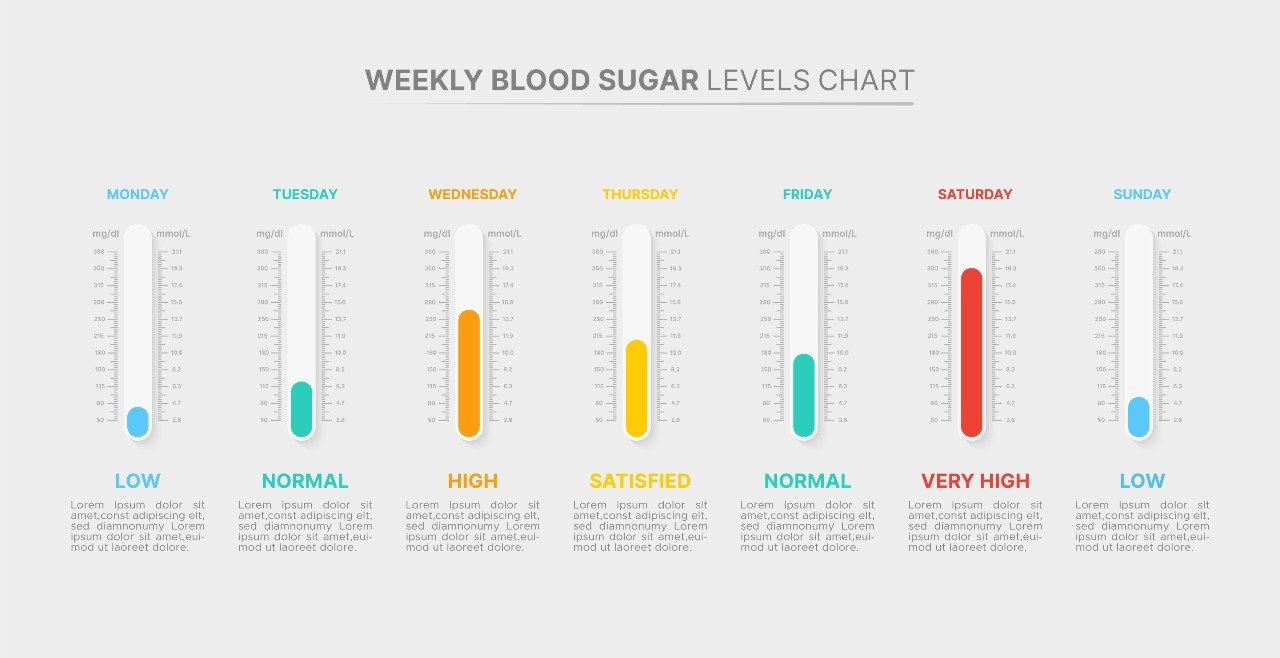What is Low Blood Sugar?
Low blood sugar, or hypoglycemia, occurs when the glucose levels in your bloodstream drop below the normal range. This can lead to a variety of symptoms, from mild discomfort to severe complications, particularly for individuals with diabetes. Detecting symptoms early on is essential to manage and prevent further issues.

Common Symptoms of Low Blood Sugar
Seizures In extreme cases, severe hypoglycemia can lead to seizures or even loss of consciousness. This requires immediate medical attention.
Shakiness or Trembling When blood sugar drops, the body releases hormones like adrenaline, which can cause shakiness. This can be one of the earliest signs, especially after meals or physical activity.
Sweating Cold sweating, particularly around the neck and forehead, is a common response. This symptom can be an immediate signal that you need to eat something to restore your glucose levels.
Dizziness or Lightheadedness This is your body’s way of signaling that it needs energy. Low glucose can interfere with brain function, causing disorientation or lightheadedness.
Confusion Difficulty concentrating, trouble processing thoughts, or even forgetting familiar things are signs that the brain is not receiving enough glucose.
Heart Palpitations Hypoglycemia can trigger an increase in heart rate as the body tries to compensate for the lack of energy.
Fatigue A general feeling of exhaustion is common. Without glucose, your muscles and brain lack the fuel they need to function properly.
Hunger The body craves fast-acting carbohydrates to restore blood sugar levels.
Irritability or Anxiety Hypoglycemia often results in mood swings, irritability, and even feelings of anxiety as a reaction to stress.
Blurry Vision It an affect vision, causing blurriness or trouble focusing. This may come on suddenly and intensify as blood sugar drops.
Headache A dull or throbbing headache can develop due to the brain’s lack of fuel.

Causes of Hypoglycemia
Understanding what can trigger Hypoglycemia is essential for prevention and management. Here are the main causes:
Alcohol Consumption Drinking alcohol, especially on an empty stomach, can interfere with your liver’s ability to release glucose, leading to hypoglycemia.
Diabetes Medication Insulin or other diabetes medications can lower blood sugar too much, especially if not taken correctly or when meals are skipped.
Skipping Meals Eating irregularly, especially after taking medication, can cause blood sugar to plummet. Regular meals and snacks are vital.
Intense Exercise Physical activity uses up glucose quickly. Without adequate nutrition or monitoring, hypoglycemia can occur.
Managing Hypoglycemia
Here are immediate steps to take if you experience symptoms of Hypoglycemia
- Consume Fast-Acting Carbohydrates Items like glucose tablets, fruit juice, or sugary snacks can quickly elevate blood sugar levels.
- Monitor Blood Sugar Levels If you have diabetes, frequent monitoring helps manage and prevent drops in glucose levels. Always have a monitor handy.
- Rest and Reevaluate After consuming carbohydrates, rest briefly to allow your body to stabilize. Check your levels after 15 minutes.
- Prevention Tips
- Plan regular meals.
- Avoid alcohol on an empty stomach.
- Keep quick glucose sources nearby, especially if you’re diabetic.
Long-term Prevention Strategies
For individuals prone to hypoglycemia, implementing preventive strategies can greatly reduce episodes:
Consult with Healthcare Providers Regular consultations ensure that your medication and lifestyle align to prevent hypoglycemia.
Balanced Diet Combine carbohydrates, proteins, and fats to maintain stable glucose levels throughout the day. Avoid processed sugars that lead to rapid spikes and drops.
Regular Blood Sugar Monitoring Monitoring helps keep blood sugar levels within target ranges, particularly if you use insulin.
Exercise Smartly Plan meals around workouts and consider having a small snack before and after physical activity to maintain stable glucose levels.

Learn More About Sugar Defender for Blood Sugar Management
If you’re looking for a natural way to support healthy blood sugar levels, explore our review on Sugar Defender. This powerful supplement combines natural ingredients to promote stable glucose levels, improve metabolism, and boost energy. Read our full review here.
American Diabetes Association. Hypoglycemia (https://www.diabetes.org/diabetes/medication-management/blood-glucose-testing-and-control/hypoglycemia). Accessed 1/31/2023